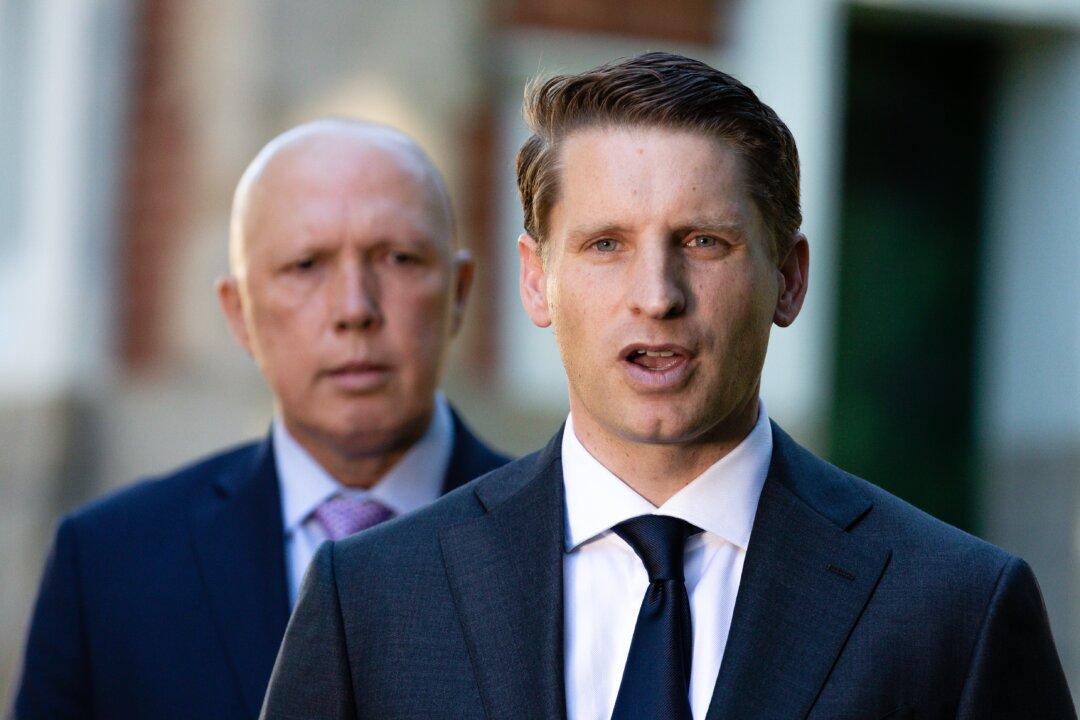Federal government MP and former soldier Andrew Hastie has defended his decision to blow the whistle on Victorian Cross winner Ben Roberts-Smith, telling a court he wanted to shed light on alleged war crimes.
The Assistant Minister for Defence gave evidence at the Federal Court hearing on Monday about speaking to the media about the Roberts-Smith’s unlawful conduct in Afghanistan, having previously said he believed the war hero may be a war criminal.




